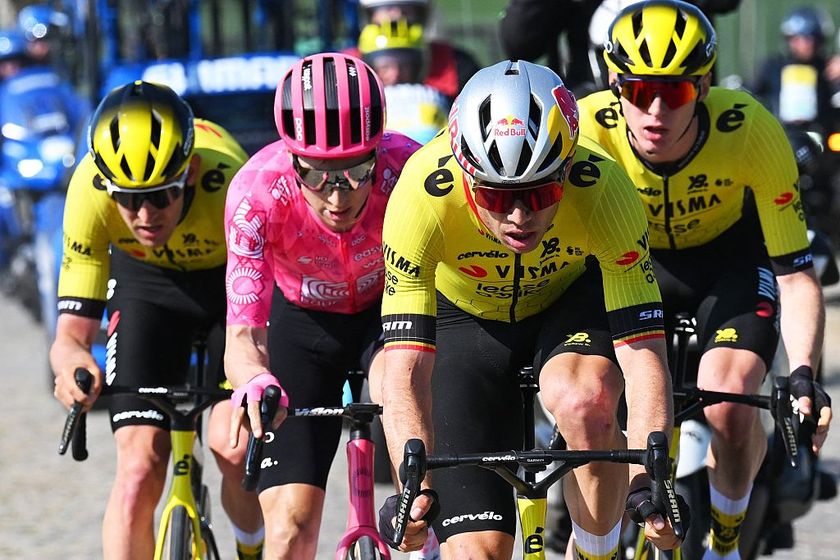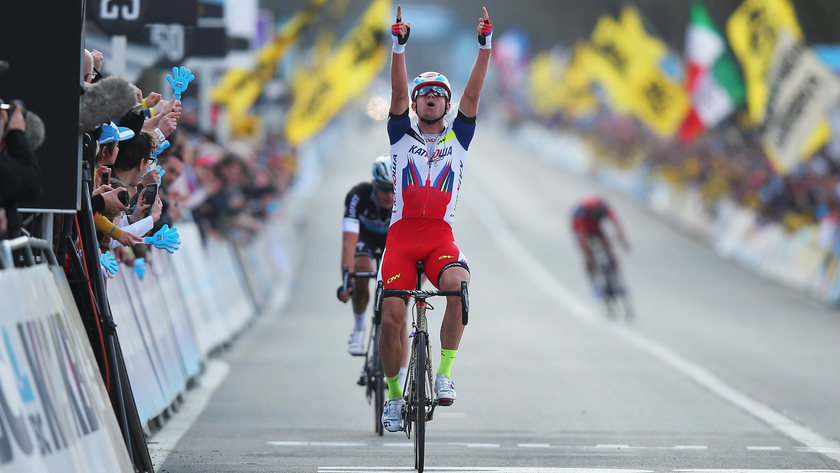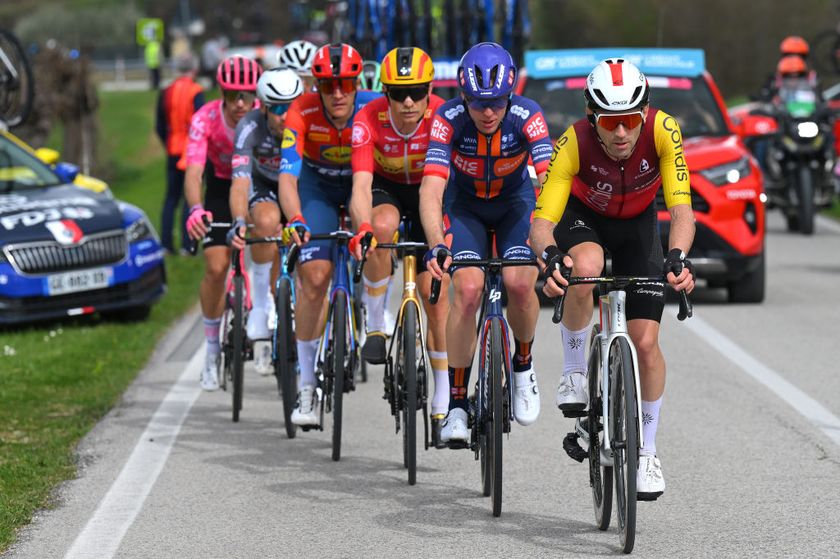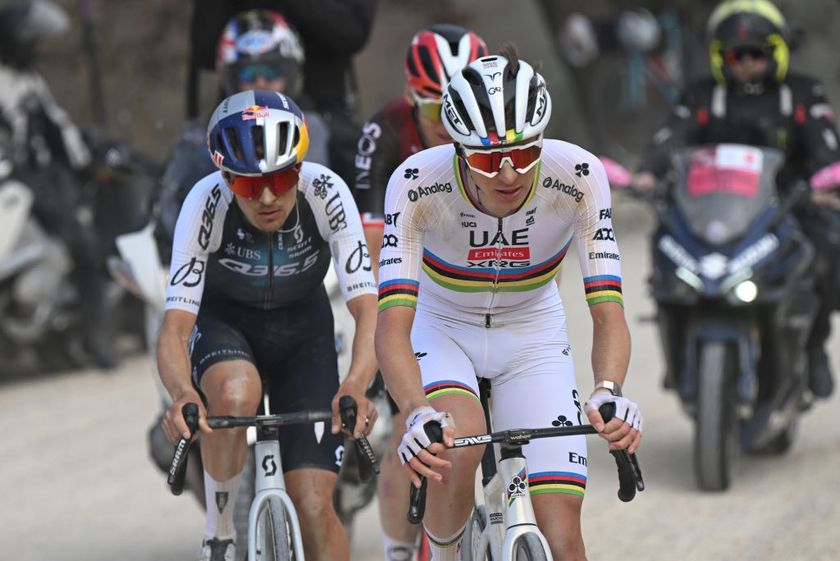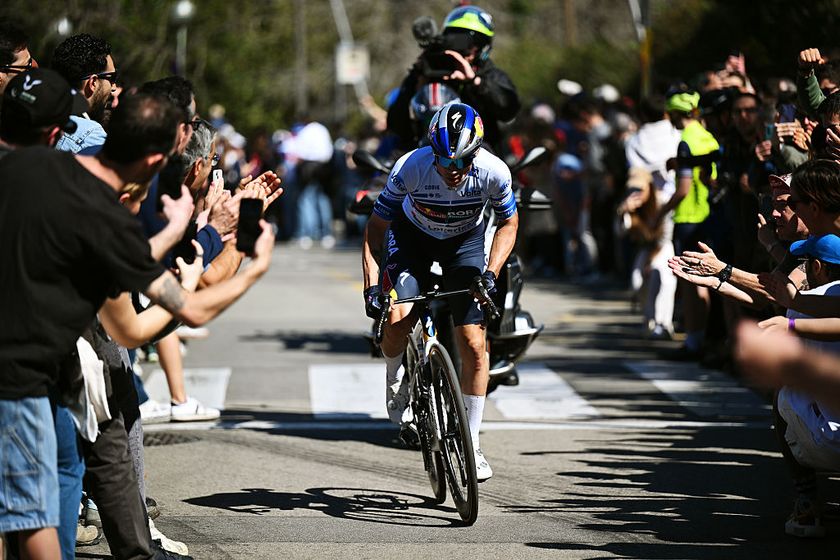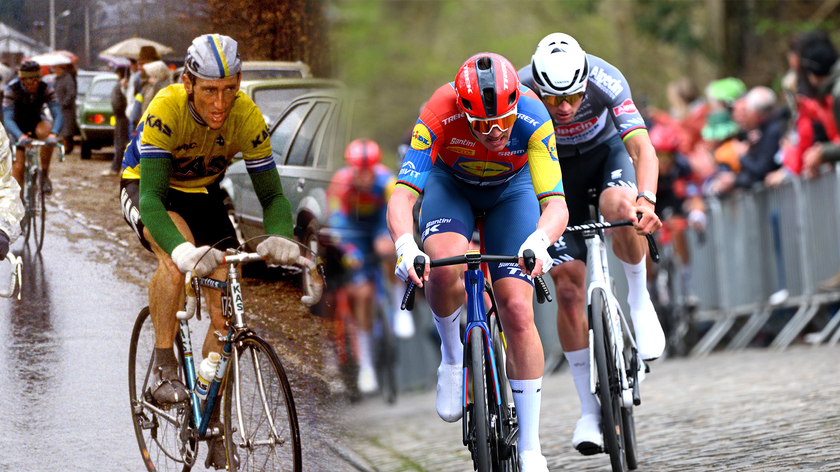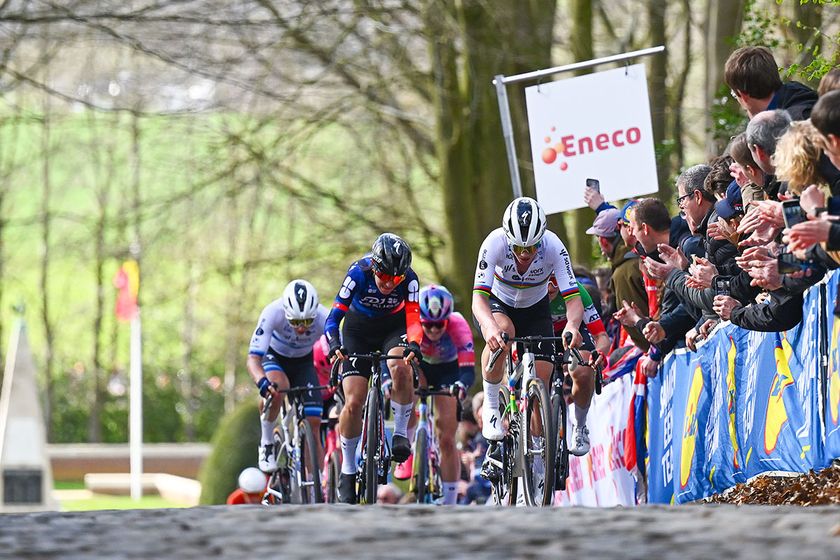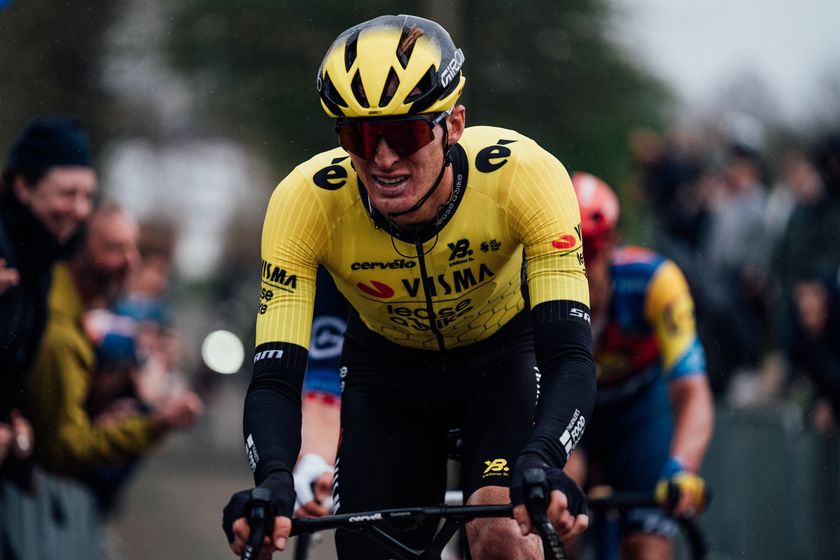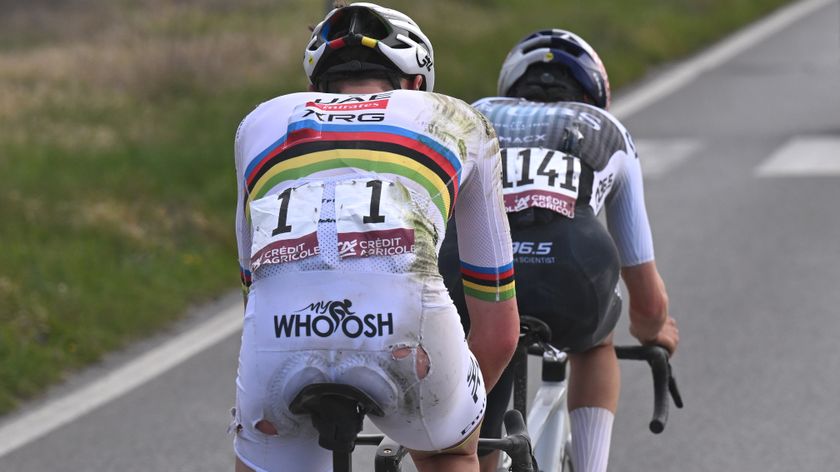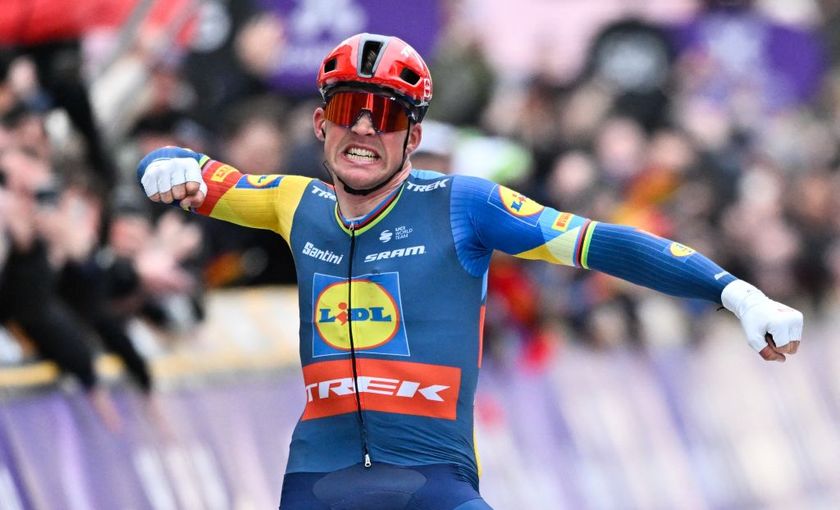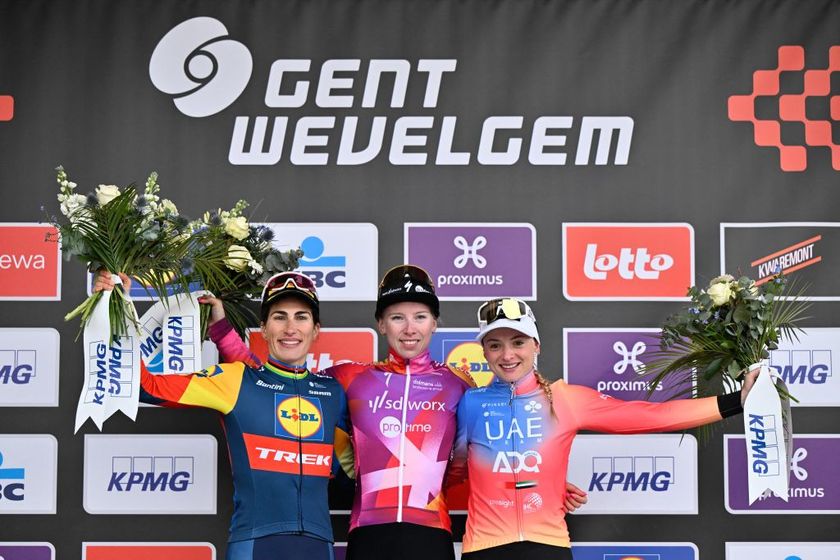Dad, what's an omnium?
The UCI's decision to re-introduce the 'omnium' to the Track Cycling World Championships has...










News feature, November 23, 2006
Dad, what's an omnium?
The UCI's decision to re-introduce the 'omnium' to the Track Cycling World Championships has generally met with a positive response, from those who actually know what it is. Gerard Knapp of Cyclingnews reports.
What's an omnium? Well, it's not just youngsters who could be forgiven for asking that question, as the combination track cycling event – like the pentathlon in athletics but without any guns* - has not been seen at the world championship level for almost 40 years.
The most 'recent' winner of an omnium at the world's level was none other than Patrick Sercu, the most successful Six Day racer ever and now impresario of many current Six Day events. A UCI executive believed he last won the omnium at the worlds in 1968 – "or it might have 1970," he said.
Sercu has lobbied the UCI for its reinstatement into the track worlds program and the sport's ruling body announced at the world road championships in Salzburg this year that it will be re-introduced at the 2007 track worlds, to be held at the – still to be completed – new velodrome in Palma de Mallorca, the Spanish holiday island destination.
Further, in 2008 the UCI will also introduce the women's team pursuit (see feature), as it continues to develop the track cycling program in an effort to increase its popularity. It's understood that the UCI will allow up to five riders to qualify in the women's team pursuit, but the event itself will feature teams of three riders racing over 3km.
Get The Leadout Newsletter
The latest race content, interviews, features, reviews and expert buying guides, direct to your inbox!
However, it's the re-introduction of the omnium – so far for men only - that has coaches and riders alike wondering how it will be accommodated in this day of specialization. In modern competition, a track cyclist is either a sprinter or an endurance rider, with few having the ability to be competitive in both styles of event.
The modern omnium – and it should be pointed out these are regularly held at regional track racing carnivals in several countries, particularly the UK – will involve the following five events:
• A 200m flying start time trial (like what the sprinters do to qualify for their heats, but in this case times and points will be recorded);
• Then a 5km scratch race (or the number of laps closest to 5km);
• Then a 3km individual pursuit (and 2km for juniors) with the riders seeded on how they finished in the scratch race (so dropping off the back of the bunch could be a problem);
• Next up comes a 15km points race, with a minimum of five intermediate and the sixth final sprint;
• And then to cap it off, a kilo. Yes, a one kilometre time trial, generally held as one of the hardest minutes of any cyclist's life. In the omnium, the riders will ride off in pairs, pursuit-style.
The UCI has allowed for at least 30 minutes recovery time between each event, although it may reduce that time if it's believed the riders can cope with a shortened recovery time, say after the 200 metre flying TT.
At the recent Track World Cup in Sydney, the UCI's track coordinator Gilles Peruzzi told Cyclingnews, "because the program will be very busy, there will be clashes (with other events), so we're trying to identify what kind of rider can do this [the omnium] and then select the best day" to introduce it into the program.
The points will be recorded in reverse order, in that if a rider comes first in an event, he receives one point; so the rider with the fewest points is the overall winner. If there are two riders tied on points, then it comes down to the best times for the timed events.
Also, every event will have to be ridden and completed; if a rider fails to enter or finish one of the events, he'll earn a DNF.
Who's suited?
What kind of rider would be suited to the modern omnium? "We believe it will suit endurance riders with higher top speed or stronger sprints, or even sprinters who can do longer distance track events," said Peruzzi.
"It may not be the best sprinter, or perhaps the best points racer; it could suit those riders that are in the 'grey zone,'" he said. "But it will not be a freely-given event or title; it will be very hard and the rider will deserve victory."
Cyclingnews asked a few experts on hand at the Dunc Gray velodrome in Sydney about the type of rider who would be suited, and among the Australians at least one name kept being repeated – Ben Kersten. He is a 'sprinter' who's also successfully participated in a teams pursuit and has had a whole field ride against him in a scratch race - the theory being a bunch kick is just giving him the race - while also winning gold in a kilo and competing in the keirin. Other Australian riders suggested include the super-experienced and multiple world champion Shane Kelly, as well as Crédit Agricole's sprinter, Mark Renshaw.
It is not perhaps the riders' strengths that coaches and athletes will consider, but more how the omnium will be slotted into world's competition and how that will affect the riders who are expected to win their individual events.
Peruzzi said the UCI was still working on the schedule for the 2007 worlds and that the various federations will be considering their track squads, and if those riders could also cope with what will be a gruelling day of competition. For this reason, it's expected the omnium may appear later in the program, rather than earlier.
However, all the omnium events will be specifically for the omnium; in that the men's kilo will still be a stand-alone event that will not be part of the omnium, which will have its own 1km TT (kilo).
Whether the various track cycling nations make special consideration for the omnium remains to be seen – as this combined event is not part of the Olympic program – but the introduction of shorter mass-start races is likely to prove popular with the crowds. But as for the riders, well, they'll probably be thinking otherwise by the time they're into their third lap of the kilo.
(*The modern pentathlon includes running, riding [on a horse], swimming, fencing, and finally pistol shooting.)
